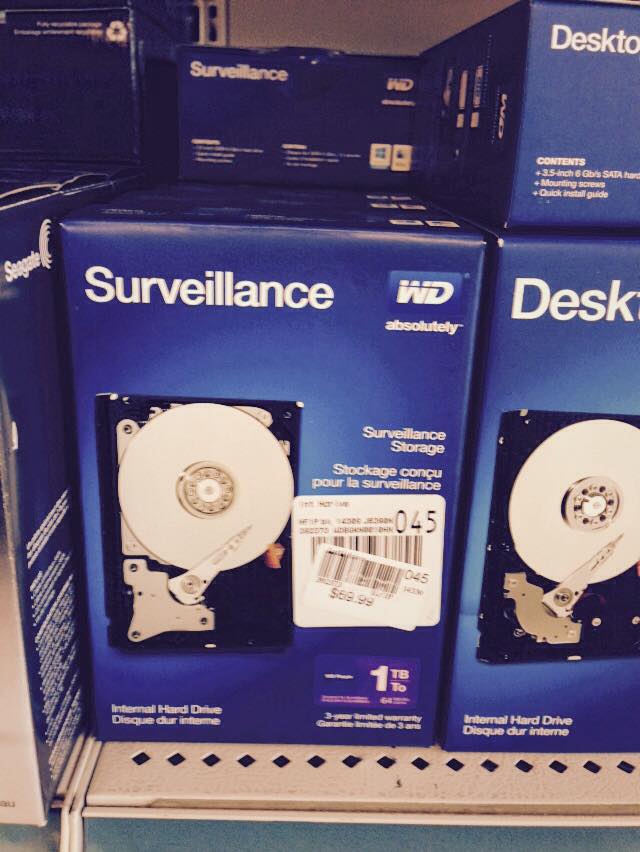People often mock libertarians by claiming they blame everything on the state. But the recently revealed Factoring Attack on RSA-EXPORT Keys (FREAK) that leaves Android and Apple users vulnerable was actually the fault of the state. How so? Because of its futile attempts in the 1990s to control the export of strong encryption technology:
The weak 512-bit keys are a vestige of the 1990s, when the Clinton administration required weak keys to be used in any software or hardware that was exported out of the US. To satisfy the requirement, many manufacturers designed products that offered commercial-grade keys when used in the US and export-grade keys when used elsewhere. Many engineers abandoned the regimen once the export restrictions were dropped, but somehow the ciphers have managed to live on a select but significant number of end-user devices and servers. A list of vulnerable websites is here. Matthew Green, an encryption expert at Johns Hopkins University, told Ars the vulnerable devices included virtually all Android devices, as well as iPhones and Macs.
This is yet another example of how state regulations make us all vulnerable. In the state’s lust to control everything it often puts regulations in place that prevent its subject from utilizing the best available defensive technologies. From restrictions on encryption technology to body armor the state’s vested interest in spying on your and killing you far outweighs whatever concerns it may have about your safety.
We’re in the midst of a second crypto war but the state isn’t using its failed regulatory red tape this time. Instead it is trying to convince companies to implement back doors, actively exploiting encryption technology without disclosing the vulnerabilities to developers, and surveilling whatever data connections it can get its taps into. Even though the strategy has change the end goal remains the same; leave the people vulnerable to malicious actors so the state can ensure its capability to spy on us and kill us remain intact.
